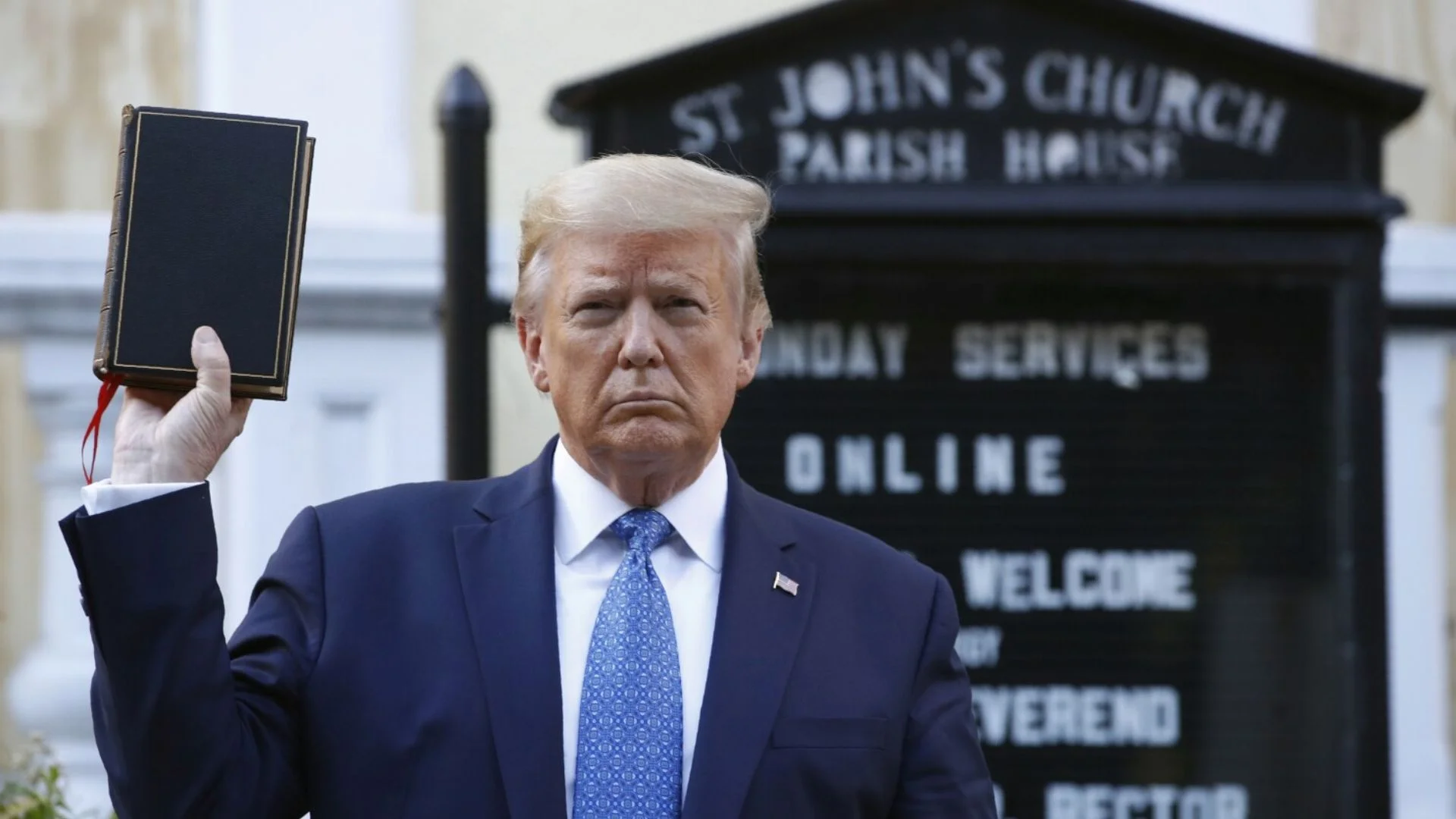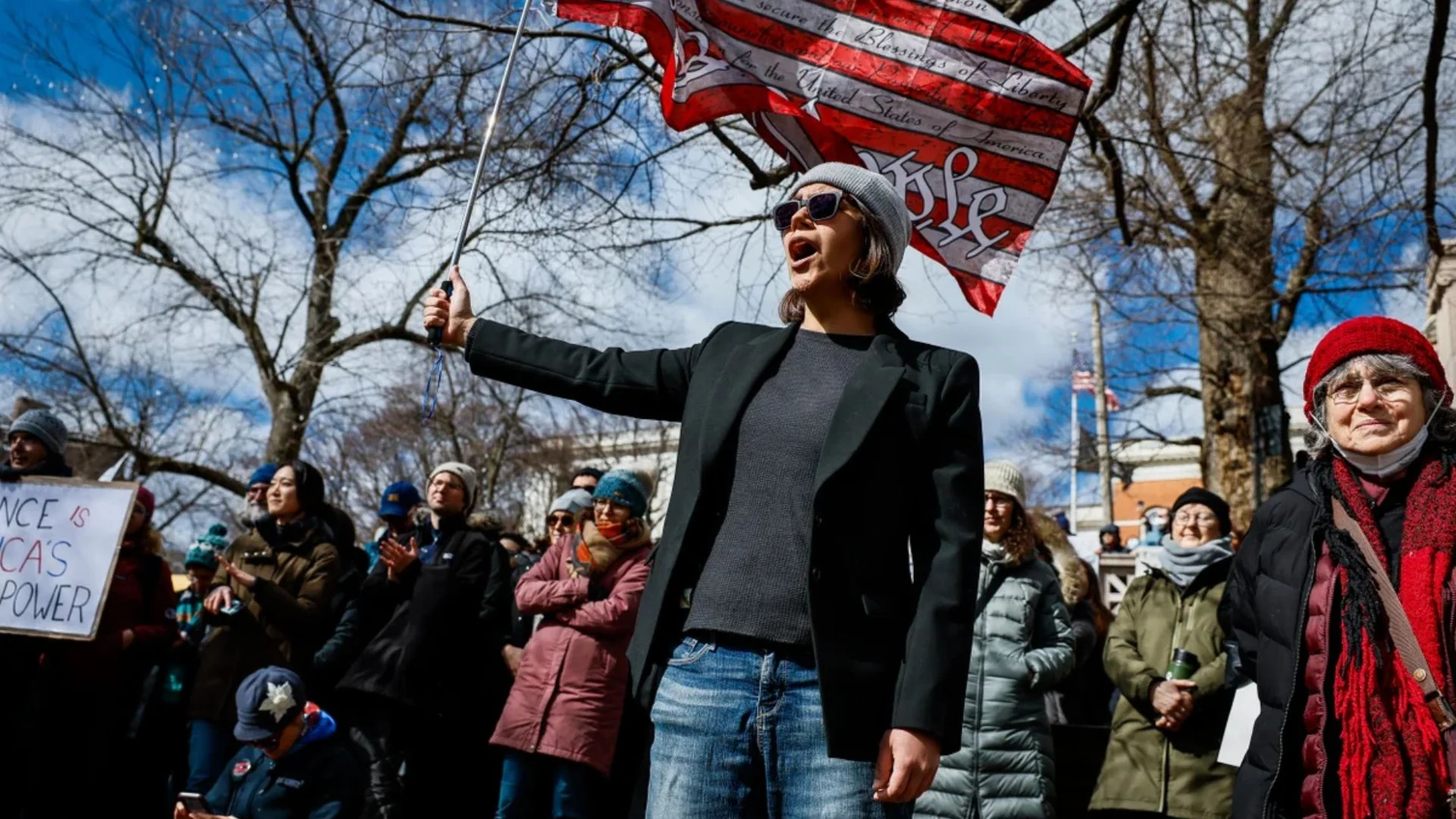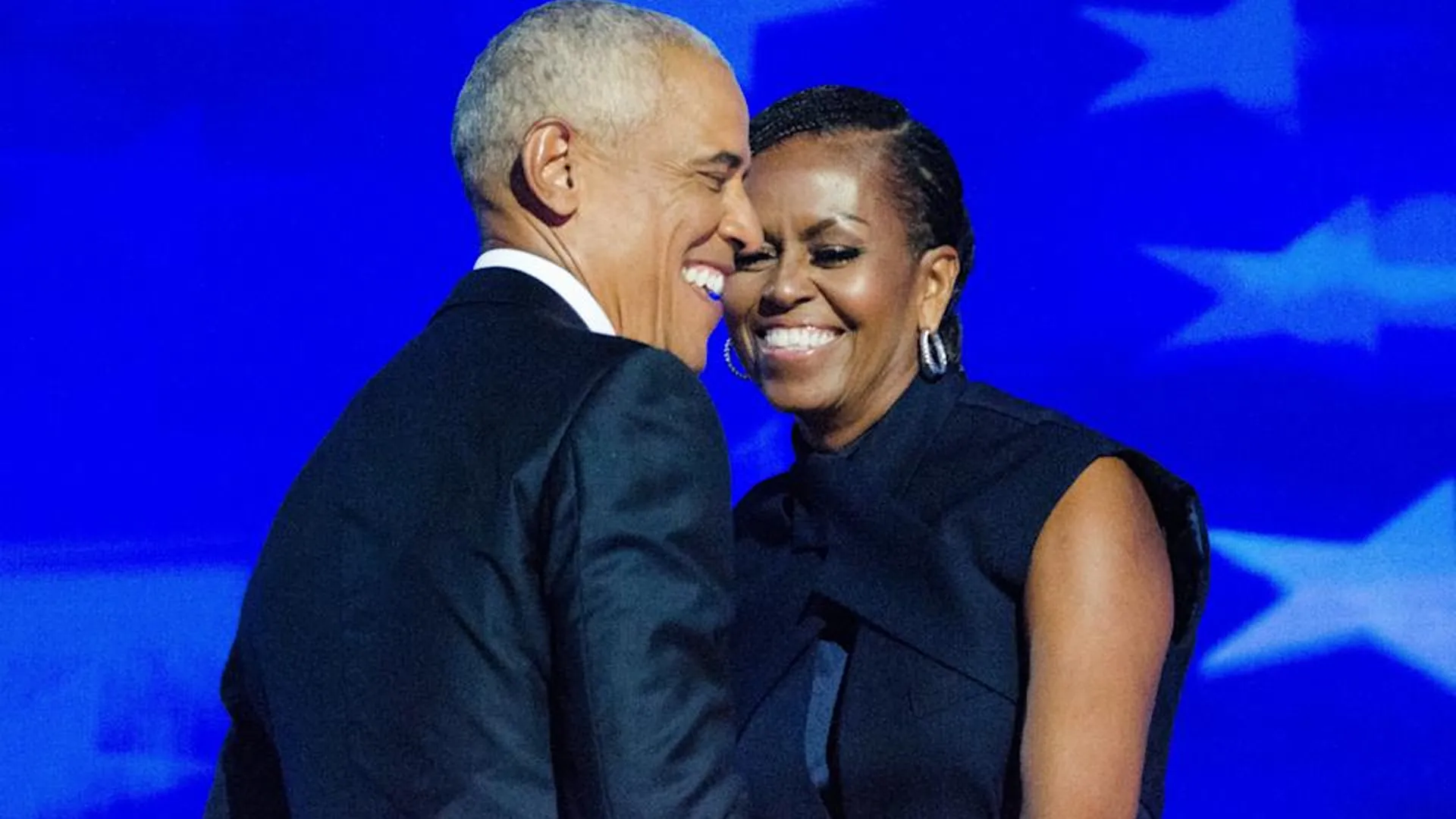A federal court halted US President Donald Trump’s executive order that aimed to cut government funding for gender-affirming care for transgender youth under 19 on Friday.
Court Rulings Temporarily Stop the Order
U.S. District Court Judge Lauren King issued a temporary restraining order after attorneys general from Washington, Oregon, and Minnesota challenged the order. Three doctors also joined the lawsuit, which was filed in the Western District of Washington.
This decision came just a day after another federal judge, Brendan Hurson, temporarily blocked the same order in Baltimore. His ruling stemmed from a separate case filed by families of transgender and nonbinary children. The restraining order will last for 14 days but may be extended as the case progresses. Both judges were appointed by former President Joe Biden.
Trump’s Executive Order and Its Impact
Last month, Trump signed an executive order restricting federal funds for institutions that provide gender-affirming care. It directed federal insurance programs, including Medicaid and TRICARE for military families, to deny coverage for such care. Additionally, the order instructed the Department of Justice to pursue legal action and push for legislation against gender-affirming treatments.
While some state Medicaid programs currently cover gender-affirming care, Trump’s order threatened to eliminate this practice. It also targeted hospitals and universities receiving federal funding that offer these services.
Legal Arguments Against the Order
The attorneys general who sued argued that the executive order violates equal rights protections, the separation of powers, and state authority over health care regulation.
However, the Trump administration defended its stance. Justice Department attorneys stated, “The President’s authority to direct subordinate agencies to implement his agenda, subject to those agencies’ own statutory authorities, is well established.”
Public Reaction and Support for Transgender Rights
A large crowd gathered outside the courthouse for Friday’s hearing. Some carried signs reading “Protect Trans Kids” and Pride flags with the message “You are loved.”
Following the ruling, Washington Attorney General Nick Brown expressed gratitude to those who shared their experiences. “We had over 100 declarants submit their personal stories about the impact of this illegal and unconstitutional and hateful order, and their bravery allowed for justice to be done today.”
Brown emphasized that the restraining order is just the beginning of a larger battle. He reassured health care providers that they can continue offering gender-affirming care in the state.
Medical student Natalie Koconis, who protested outside the courthouse, described her reaction to the ruling as “relief.” She said Trump’s executive order had already disrupted care for transgender youth. “All we want is just everybody to get the care that they need and deserve.”
Broader Policy Changes and Legal Challenges
Trump has also signed orders affecting transgender rights in other areas. These include policies that could ban transgender individuals from military service, restrict how schools teach gender issues, and prohibit transgender athletes from competing in women’s sports.
Several lawsuits have already challenged these orders. Legal actions are underway against policies moving transgender women in federal prisons to men’s facilities and restricting gender marker changes on passports. More lawsuits are expected as courts continue reviewing these policies.
Meanwhile, transgender rights remain a contentious issue. At least 26 states have passed laws limiting or banning gender-affirming care for minors. The U.S. Supreme Court has yet to rule on whether Tennessee’s ban on such care is constitutional, after hearing arguments last year.
As legal battles continue, the future of transgender rights in the U.S. remains uncertain.






















